Introduction
Chess, a game with a rich history dating back over a millennium, is a high-intellect activity enjoyed by millions across the globe. Despite its widespread popularity and deep cultural significance, some critics argue that chess is a waste of time. This article delves into various perspectives and evaluates whether spending time on chess is indeed futile or beneficial.
The Critical Perspective
1. Time Consumption
One of the main criticisms of chess is that it consumes a significant amount of time. A single game can last from a few minutes to several hours depending on the format and skill level of the players. Critics argue that this time could be better spent on other activities that offer more tangible results or rewards.
2. Limited Physical Activity
Another point of criticism is that chess is largely a sedentary activity. In a world where physical fitness is a growing concern, spending hours seated can seem counterproductive. Critics suggest that the lack of physical engagement makes chess an unhealthy choice compared to other hobbies that involve physical exercise.
The Supportive Perspective
1. Cognitive Benefits
Contrary to the criticism, numerous studies highlight the cognitive benefits associated with playing chess. It is well-documented that chess improves problem-solving skills, enhances memory, boosts spatial skills, and promotes creativity. These skills are not only applicable to the game itself but also translate into everyday life, potentially improving academic and professional performance.
2. Emotional and Social Benefits
Chess also offers significant emotional and social benefits. It teaches patience, discipline, and the ability to deal with setbacks—lessons that are valuable in personal and professional contexts. Socially, chess can be a medium for connecting with others, offering a common ground for interaction and fostering a sense of community among players of various ages and backgrounds.
3. Accessibility and Inclusivity
Chess is remarkably inclusive, cutting across barriers of age, language, and physical ability. Virtually anyone can play chess; the game transcends physical limitations and can be enjoyed by individuals who might be excluded from other sports or activities. Additionally, with the advent of technology, chess is increasingly accessible, allowing players to engage from anywhere in the world through online platforms.
Empirical Evidence and Expert Opinions
Several empirical studies and expert analyses support the benefits of chess. For example, educational systems in various countries incorporate chess into their curriculum to harness its cognitive benefits. Chess has been associated with higher academic performance, particularly in mathematics and science subjects. Renowned figures such as Garry Kasparov and Magnus Carlsen not only exemplify the intellectual heights achievable in the realm of chess but also actively promote chess as a tool for educational and psychological development.
Conclusion
In conclusion, while the notion that chess is a waste of time persists among some critics, the evidence overwhelmingly supports the opposite. The cognitive, emotional, and social benefits of playing chess provide a compelling argument for its value. Rather than being a mere diversion, chess is a complex, enriching activity that offers numerous benefits to those who play it. Whether for leisure, competition, or personal growth, chess remains a worthwhile pursuit well into the 21st century.
Explore our large collection of luxurious chess sets!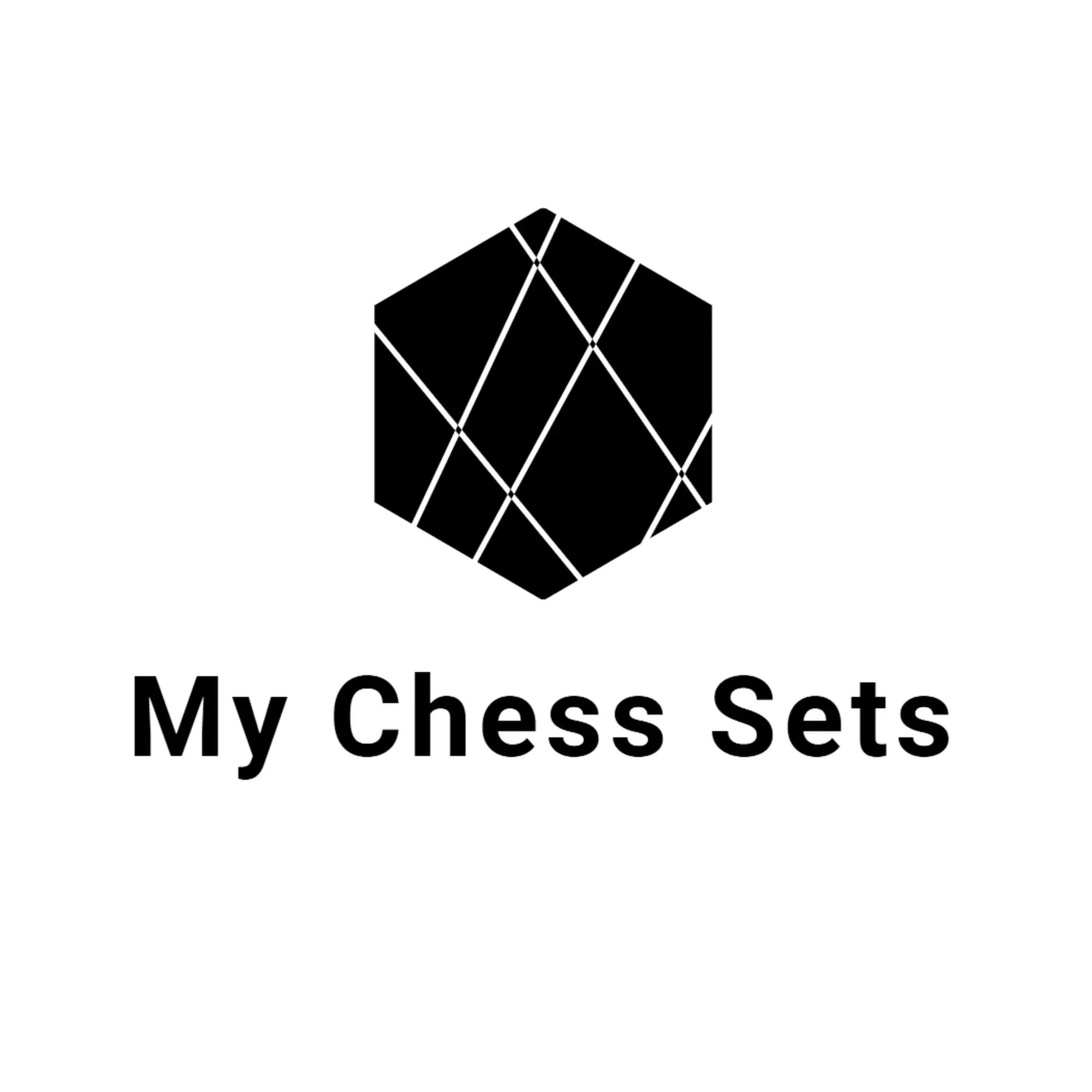


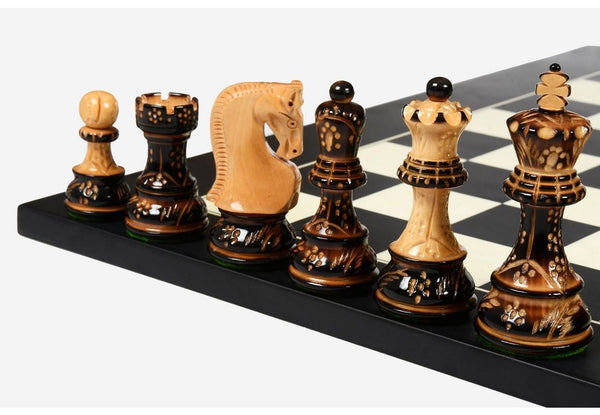

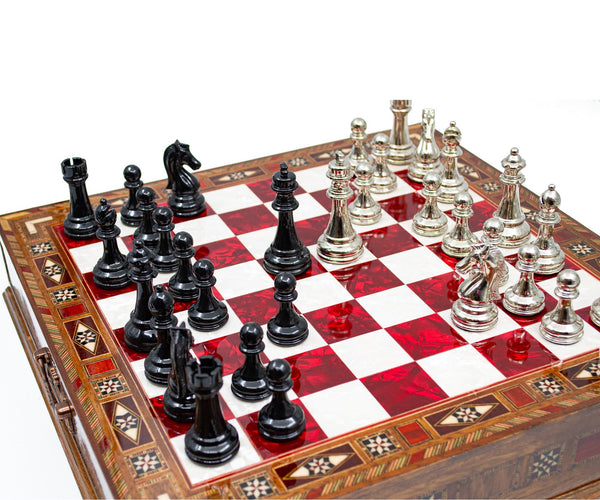
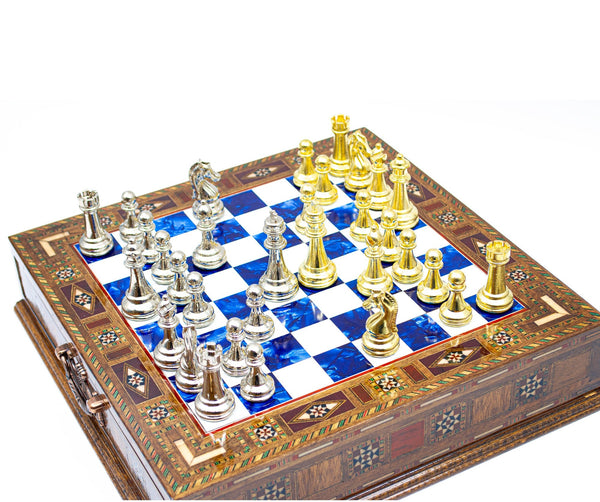
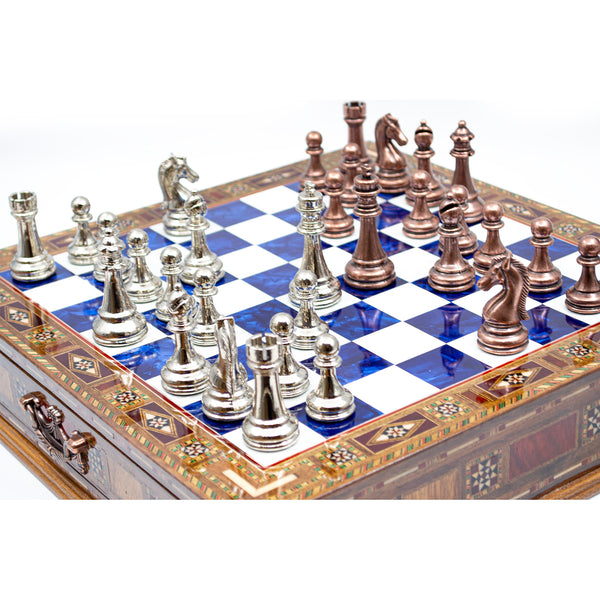
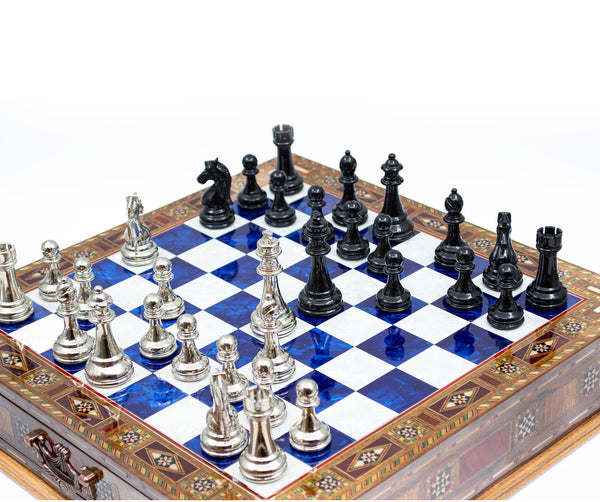
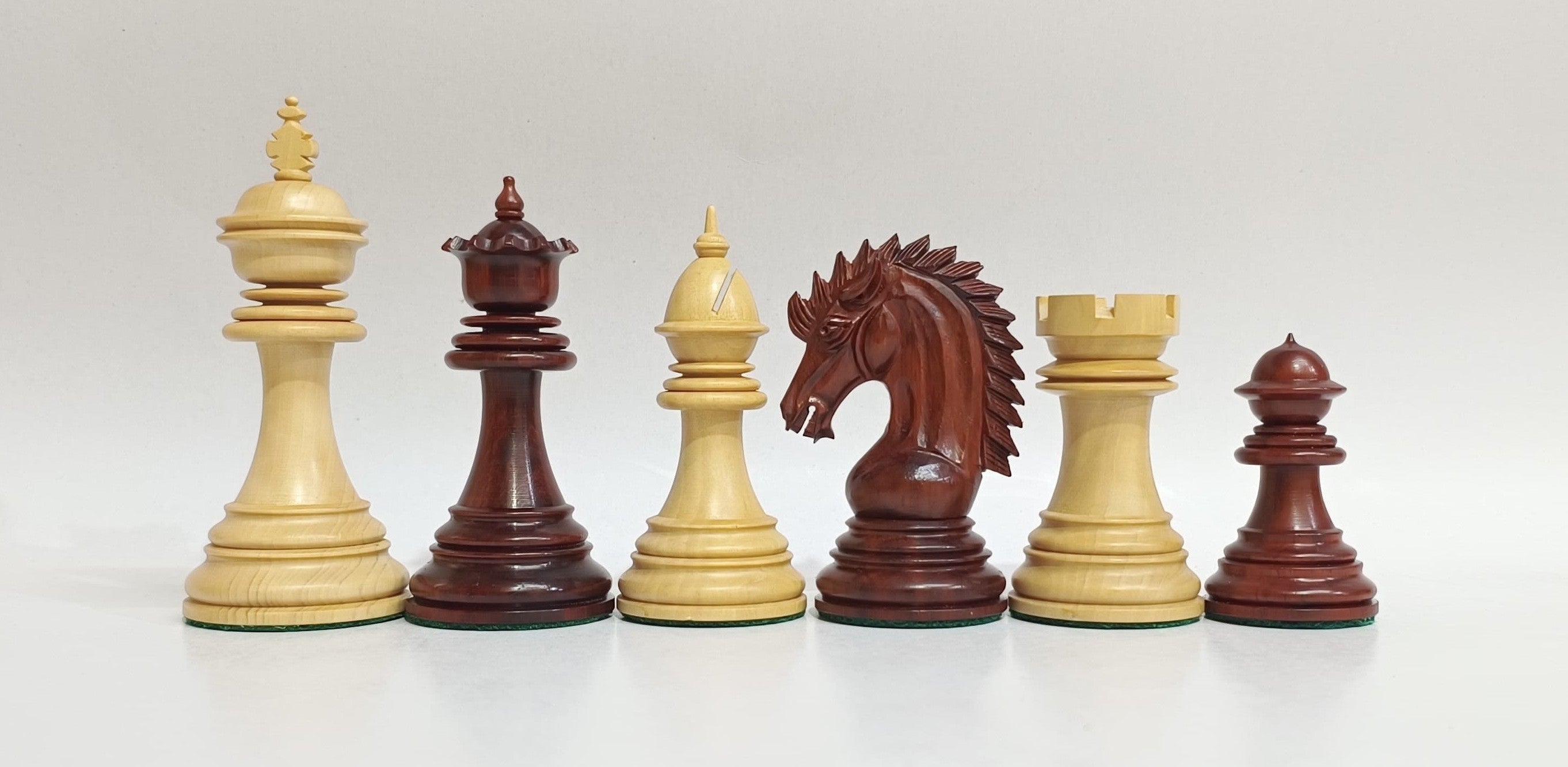
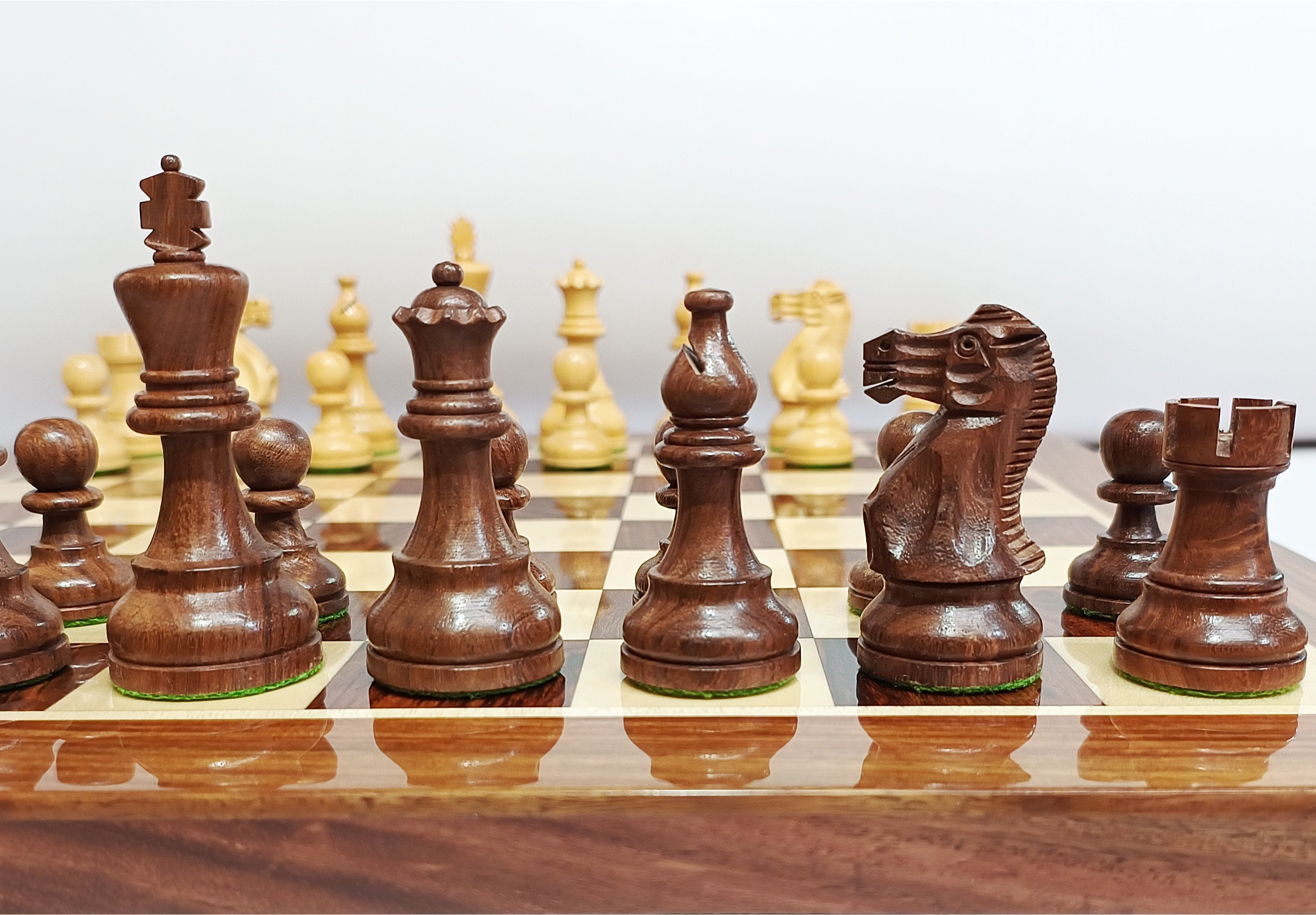
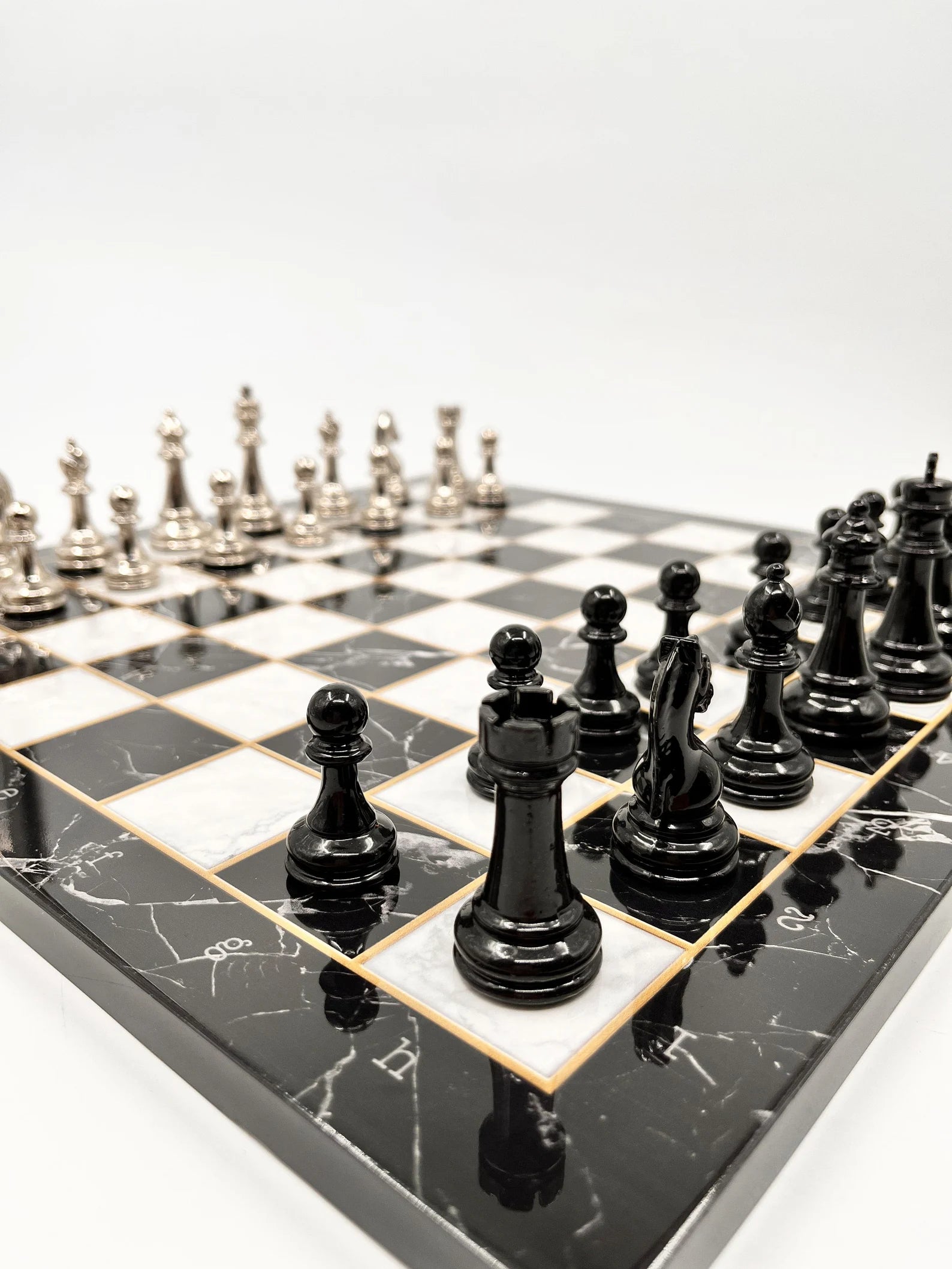
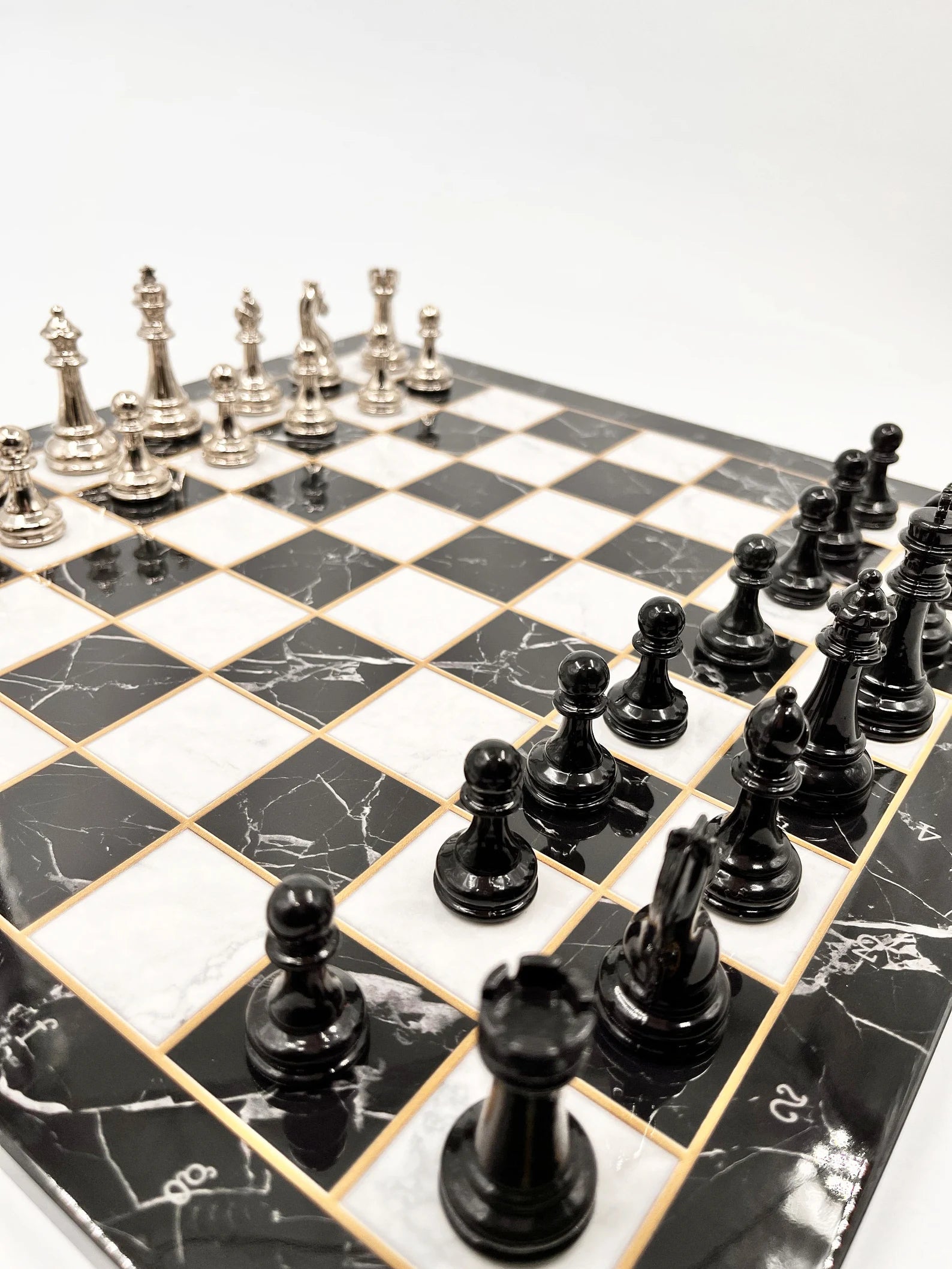
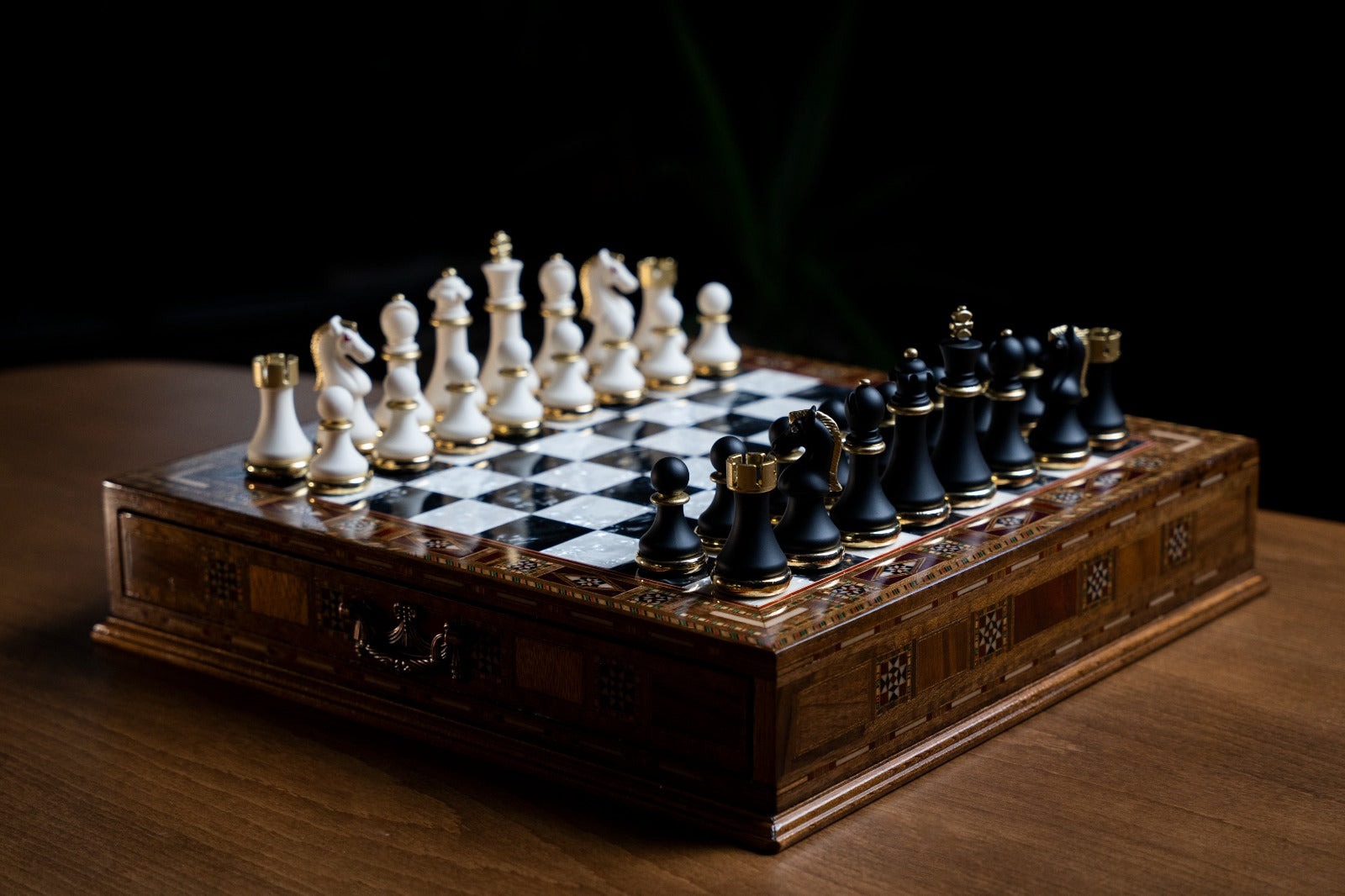
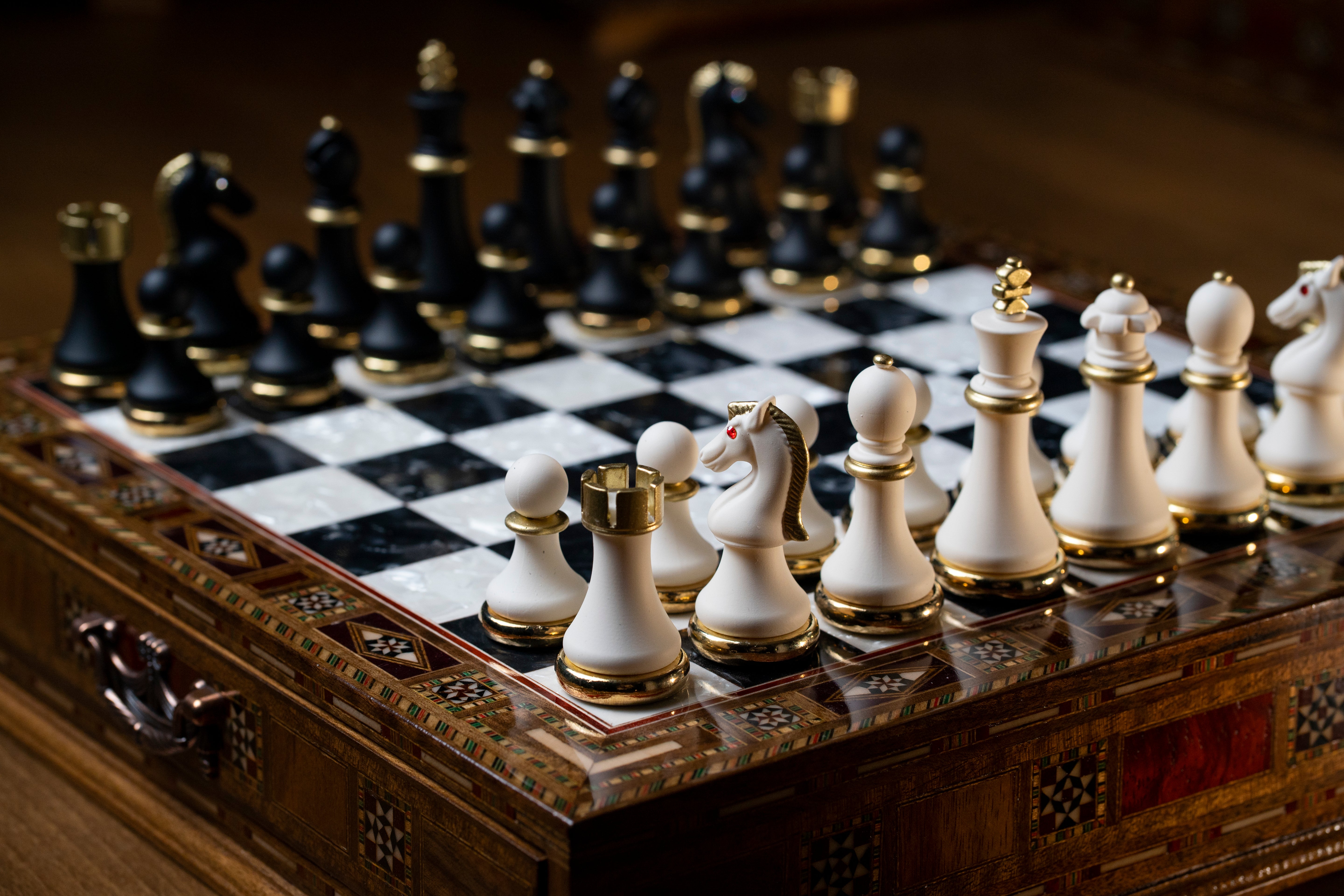
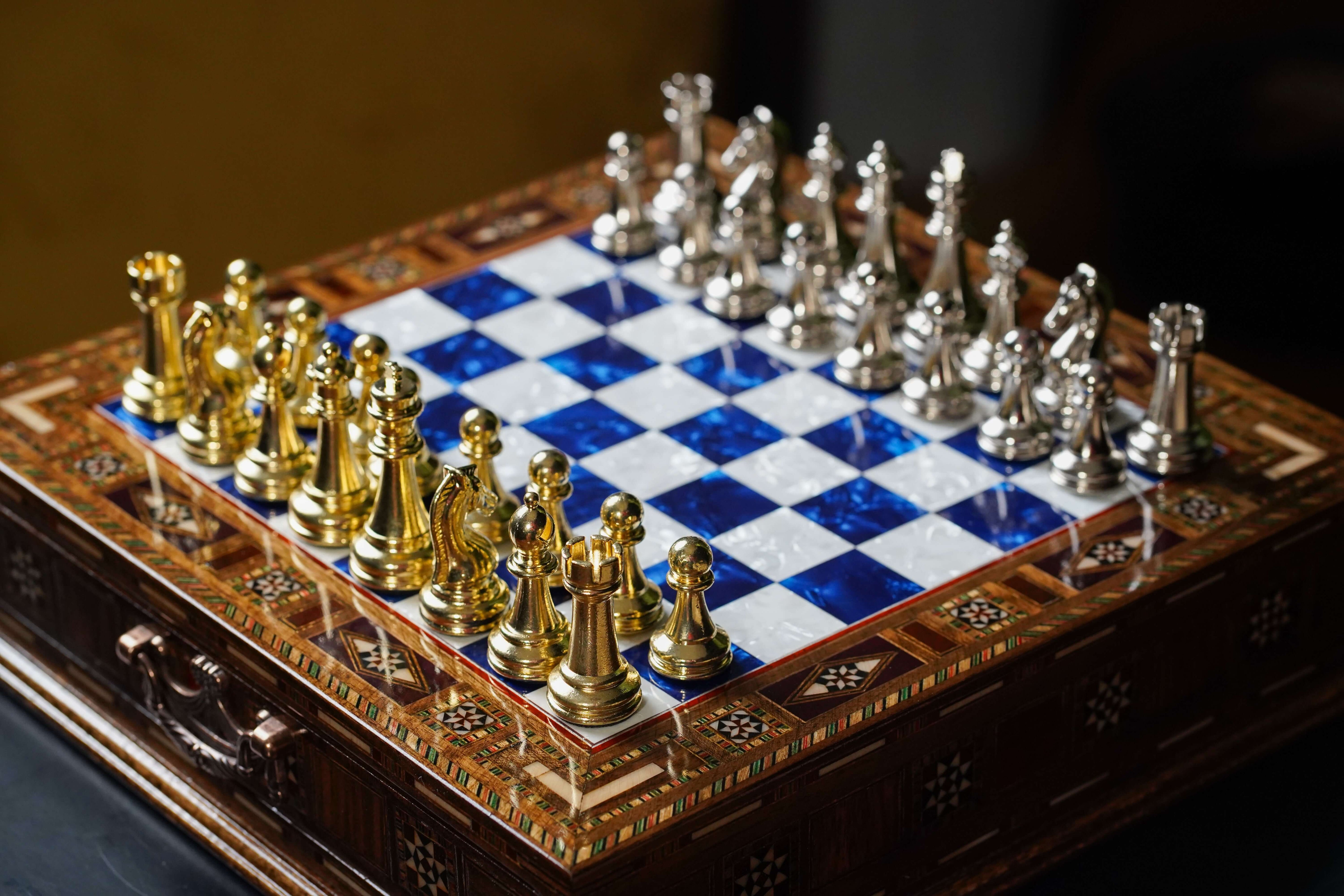
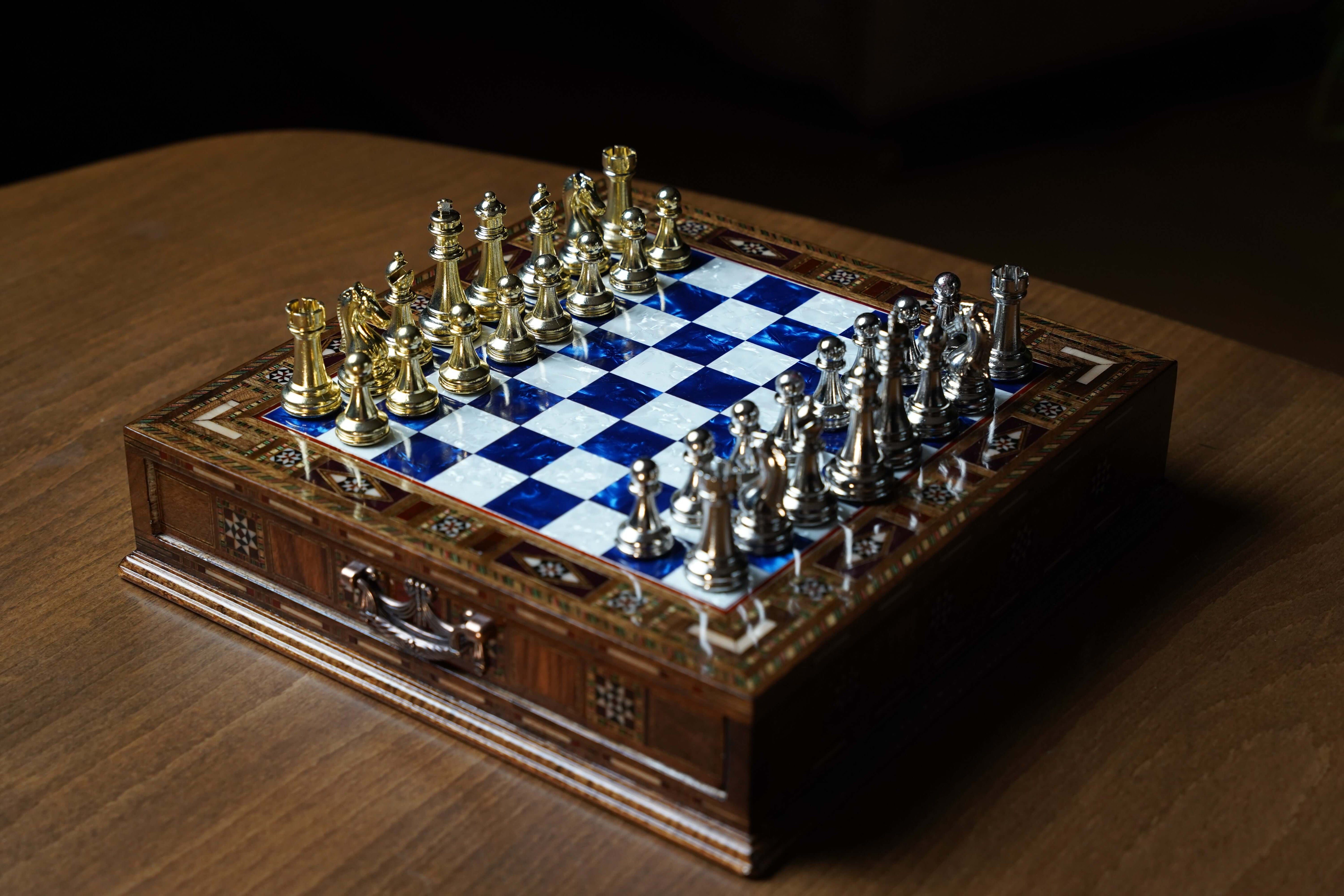
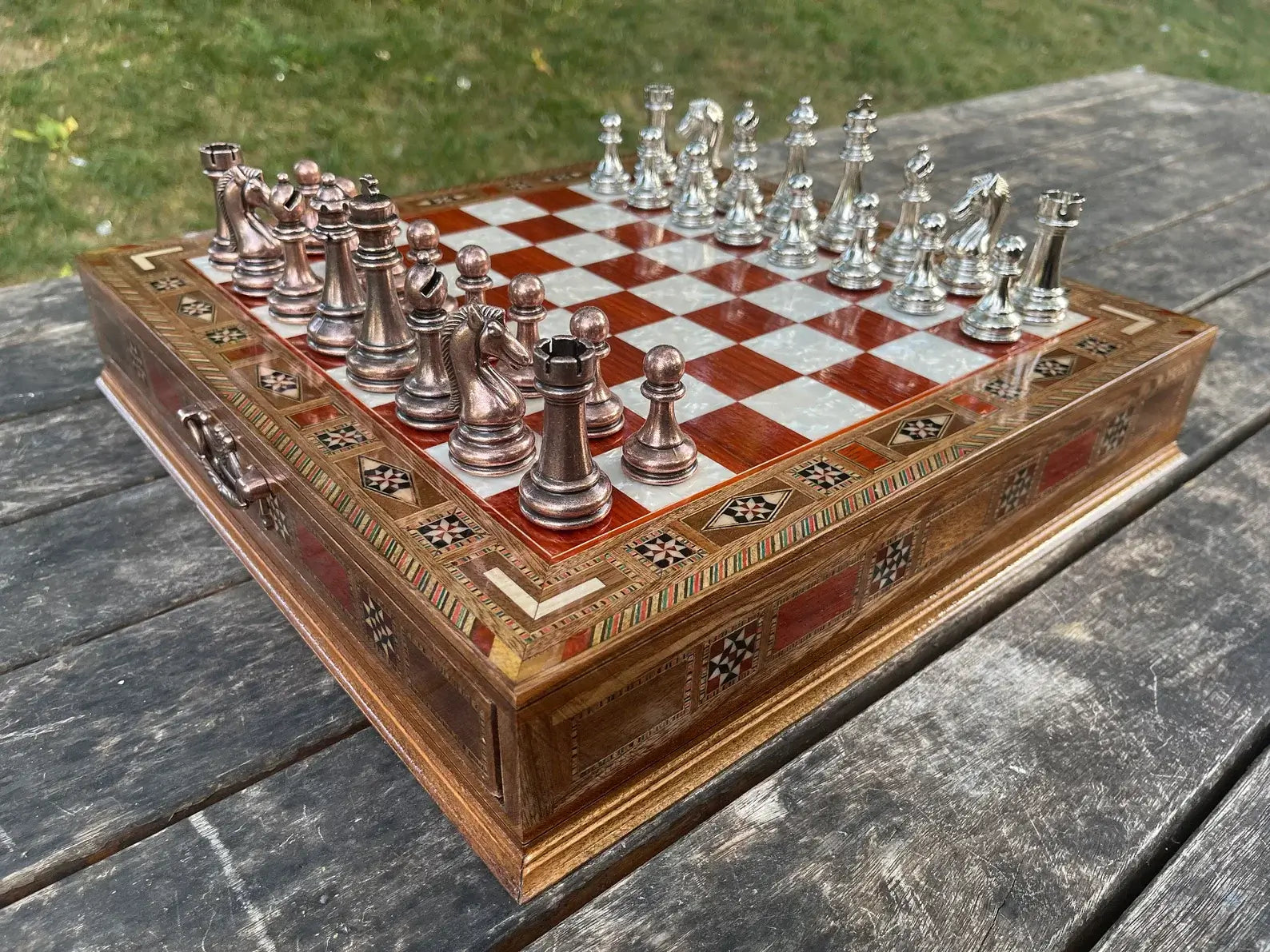
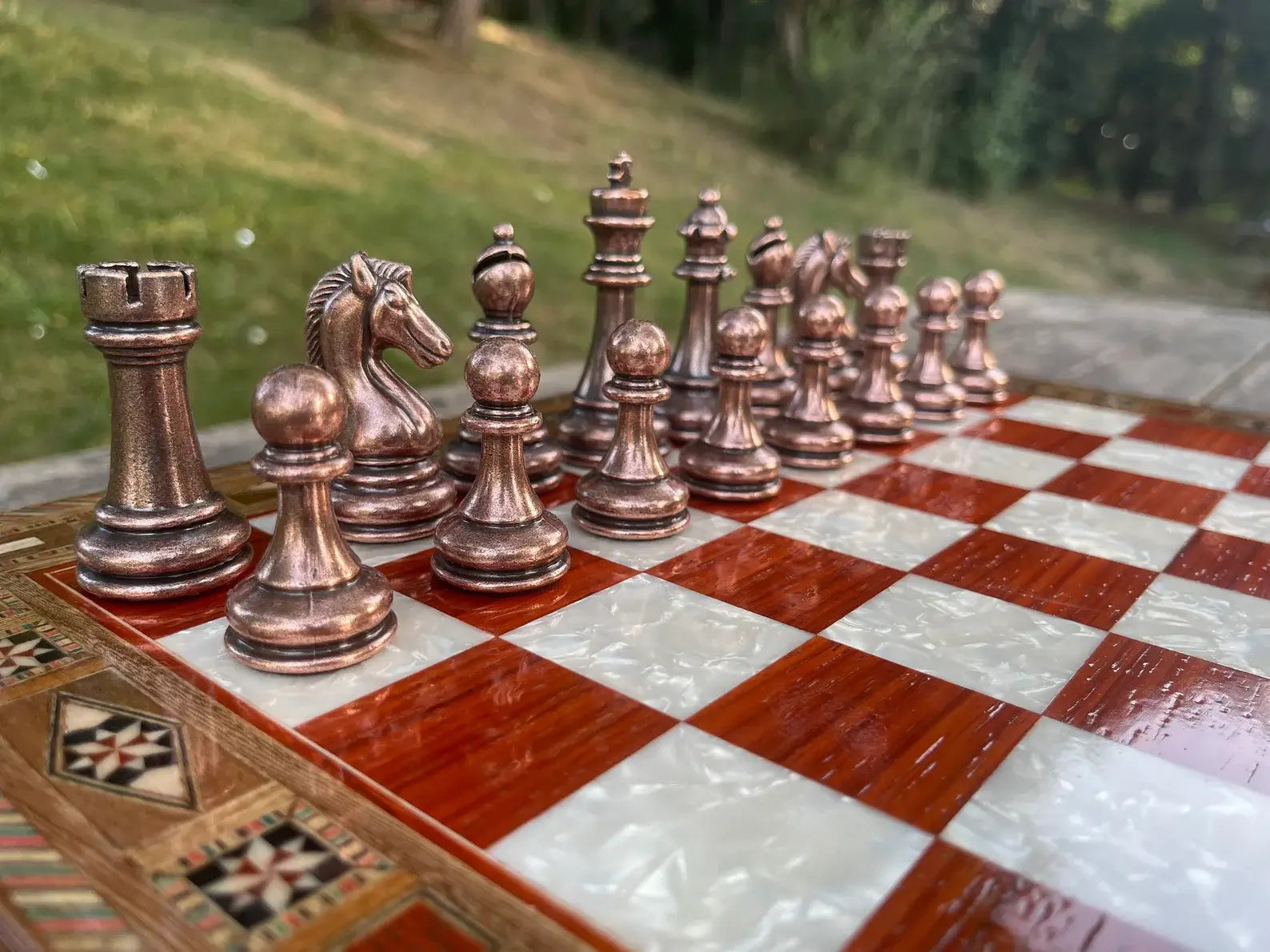
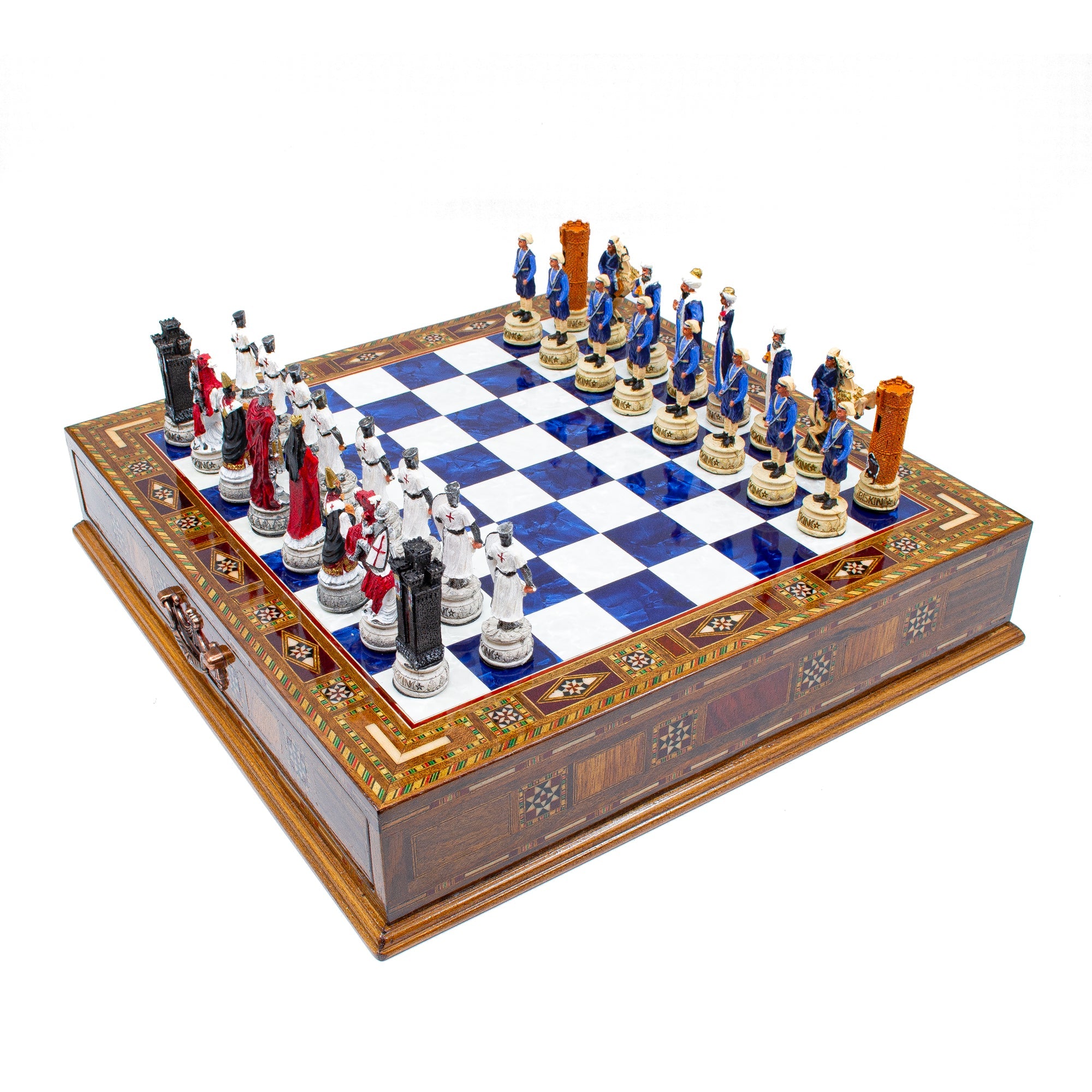
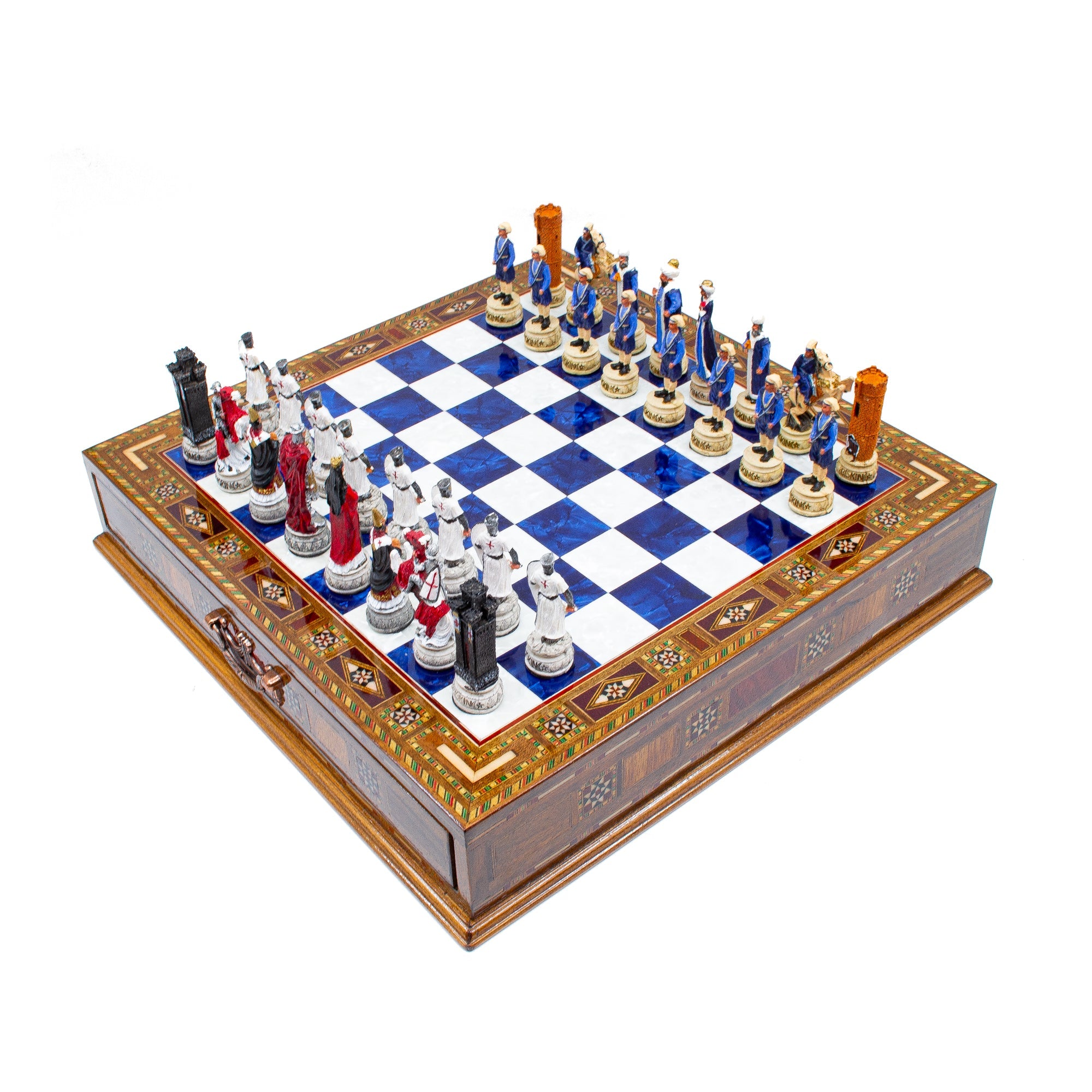
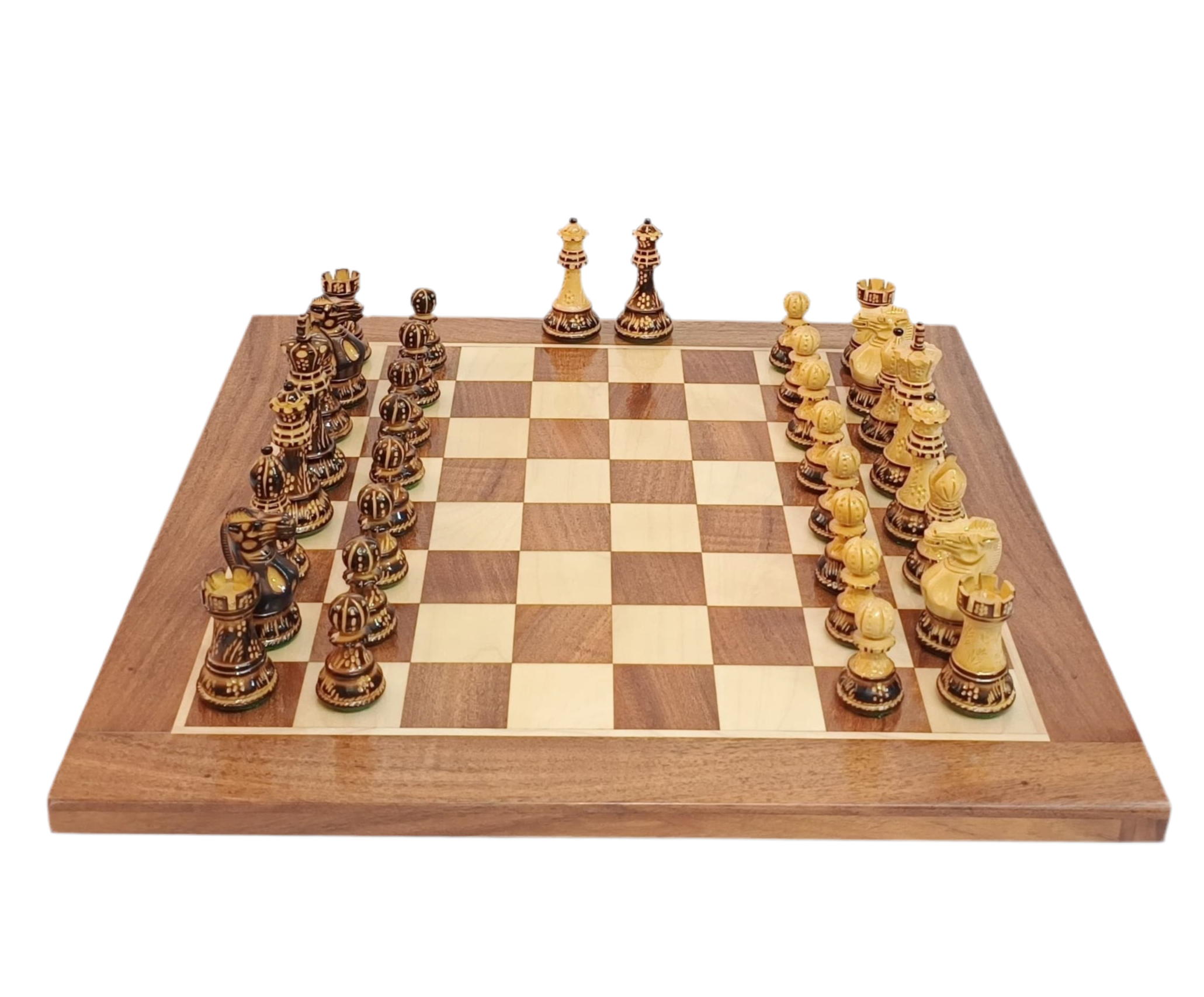
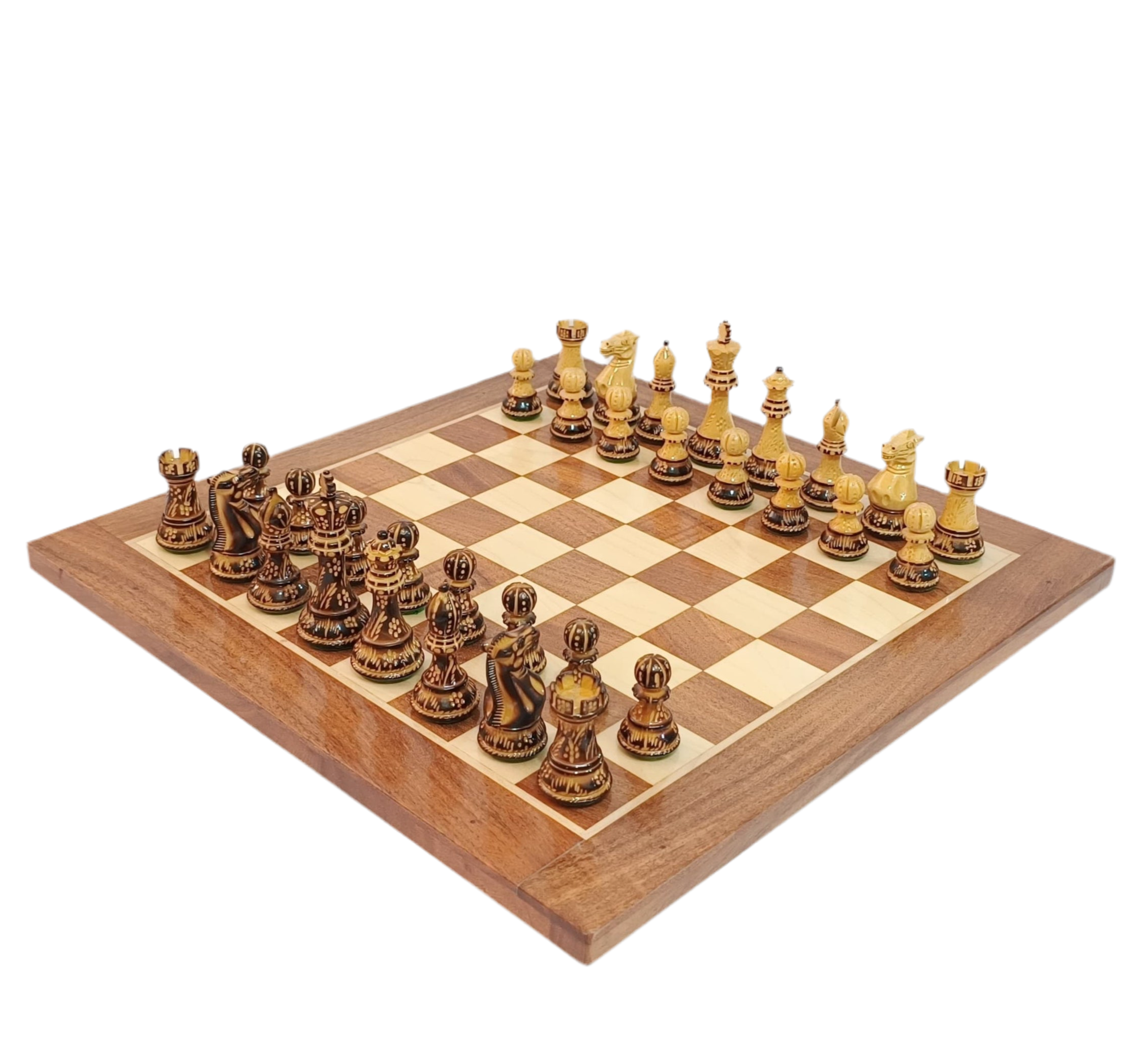

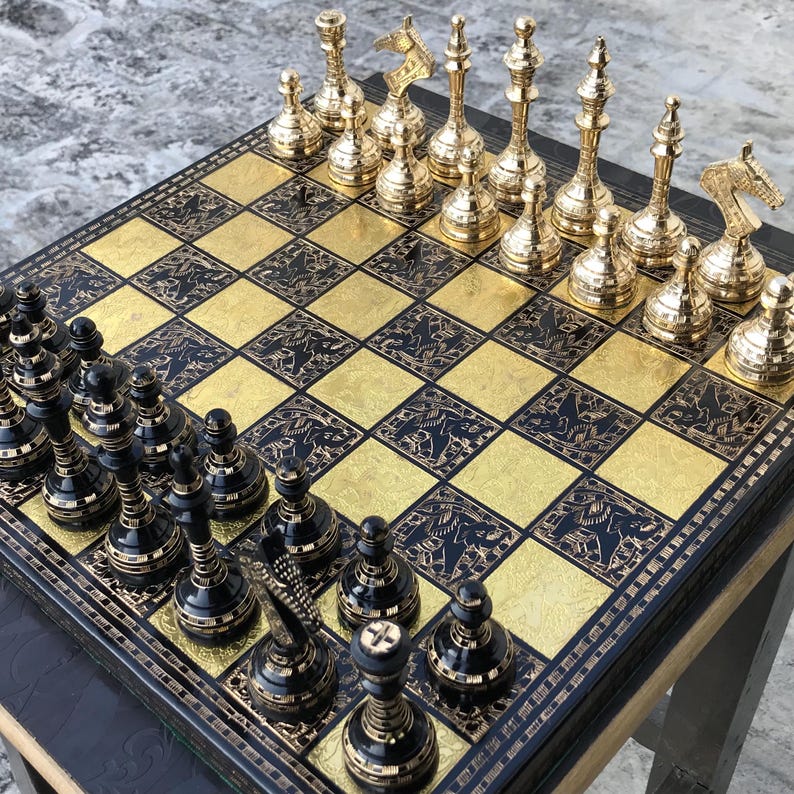


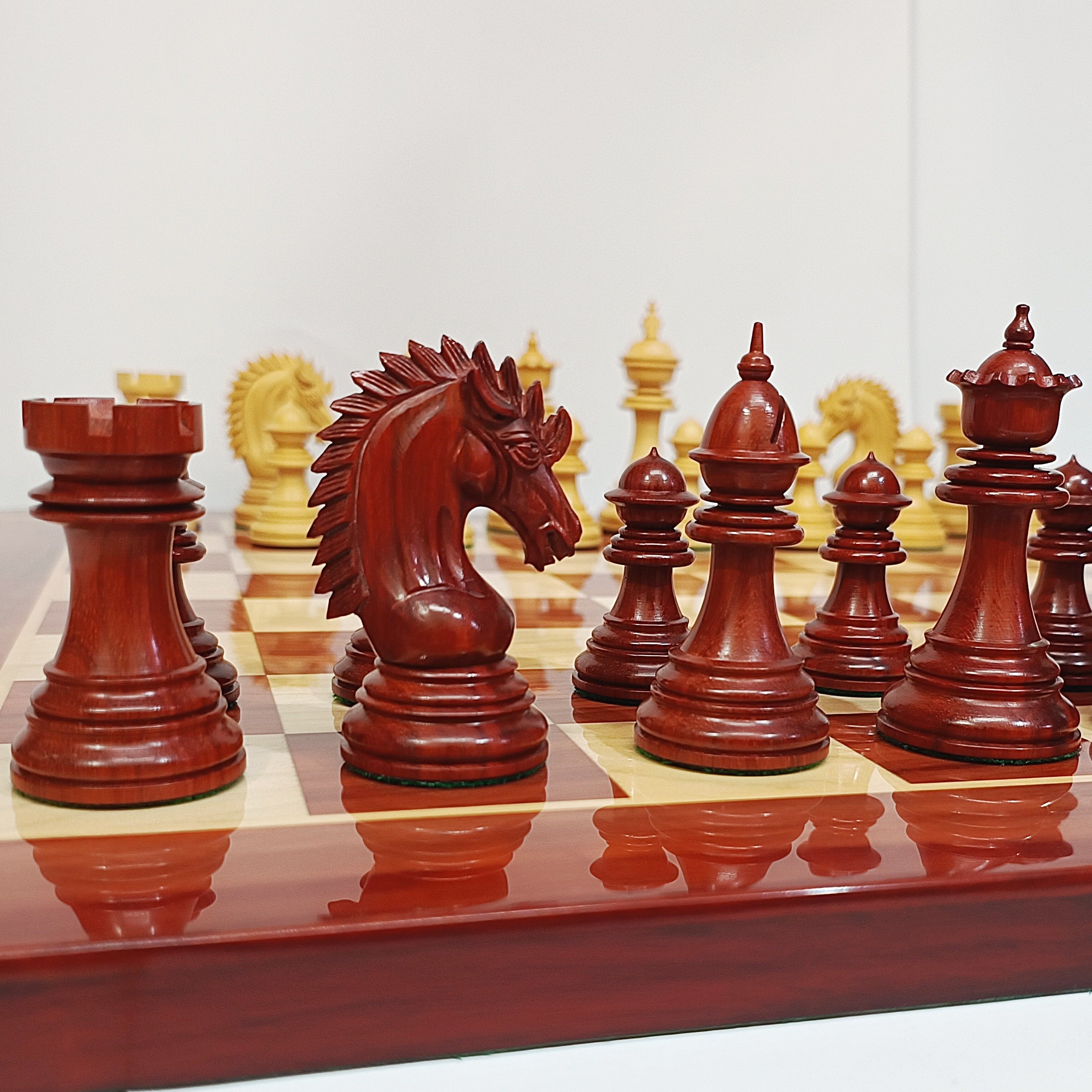
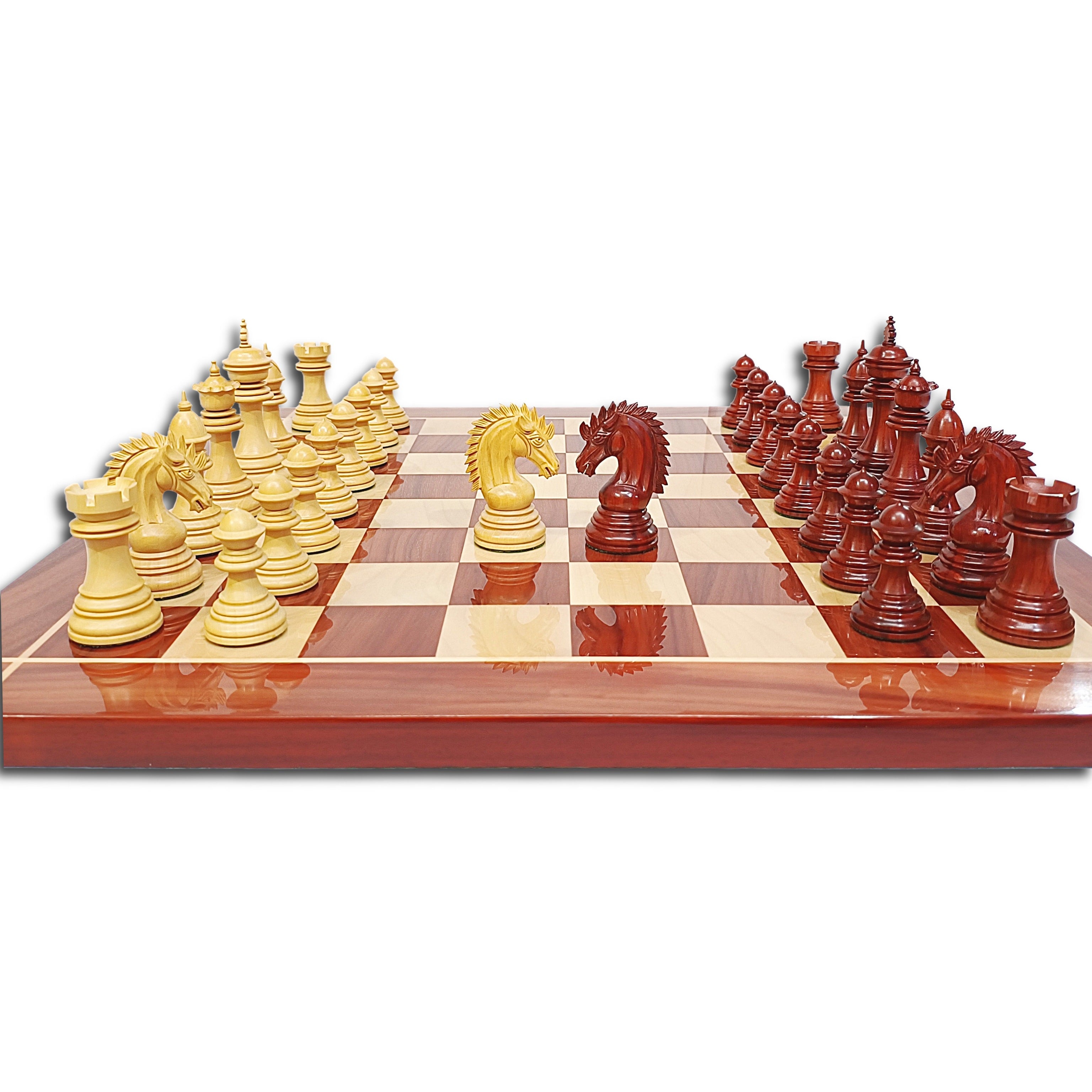
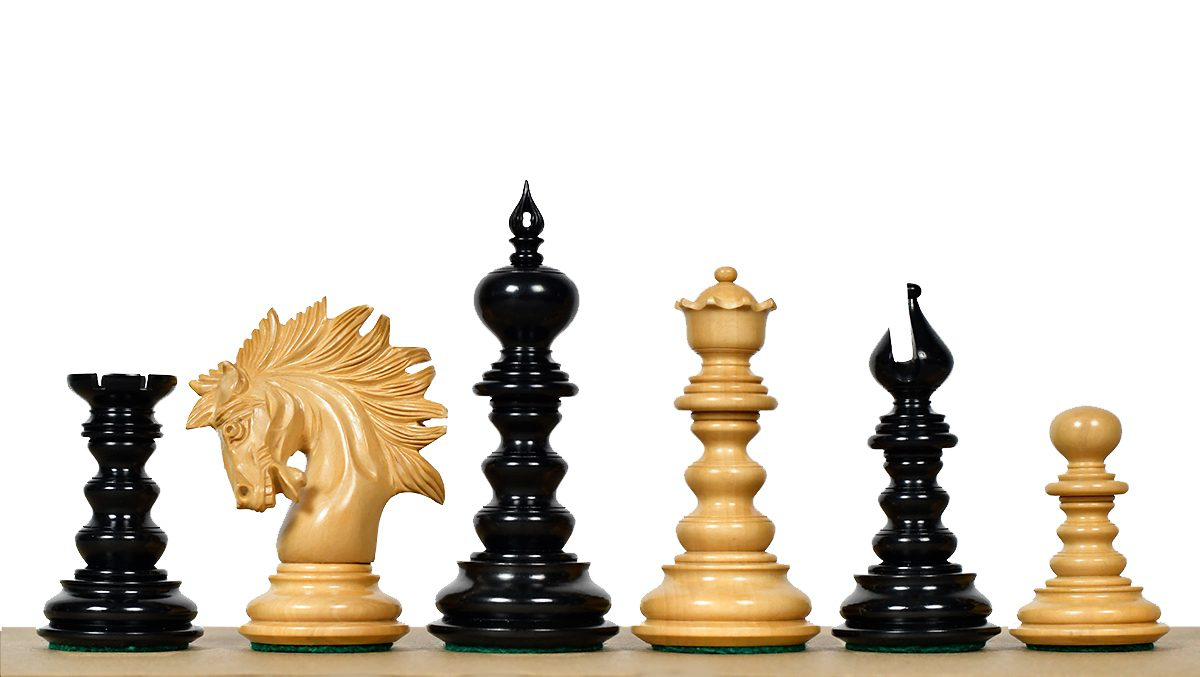
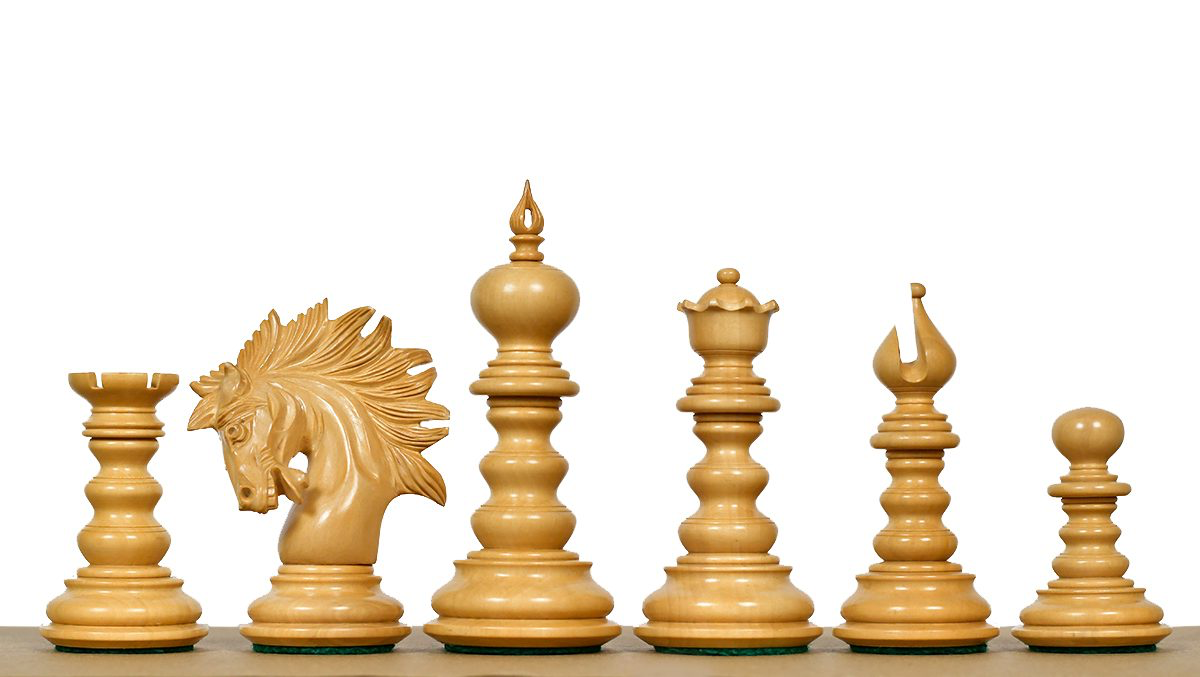
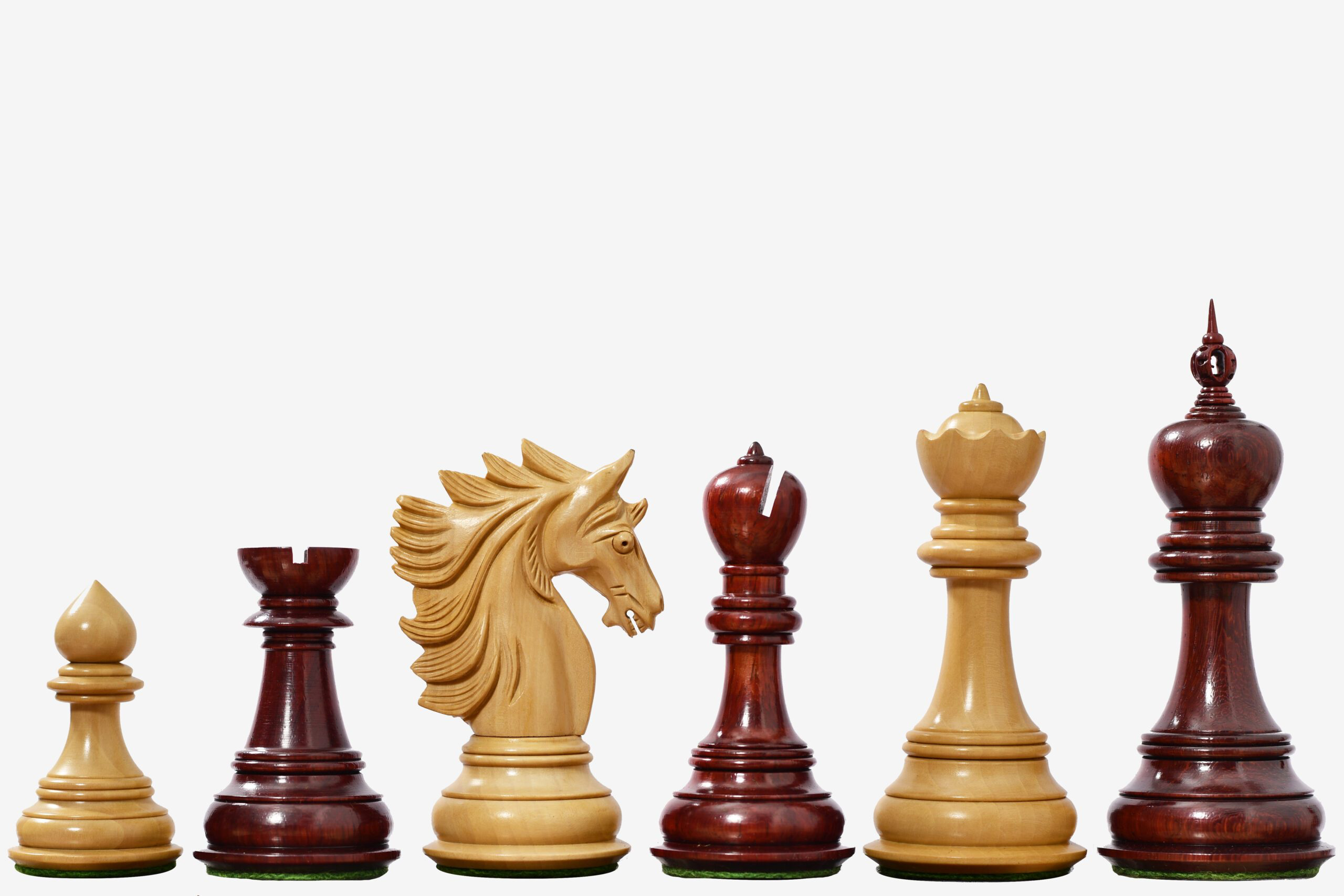
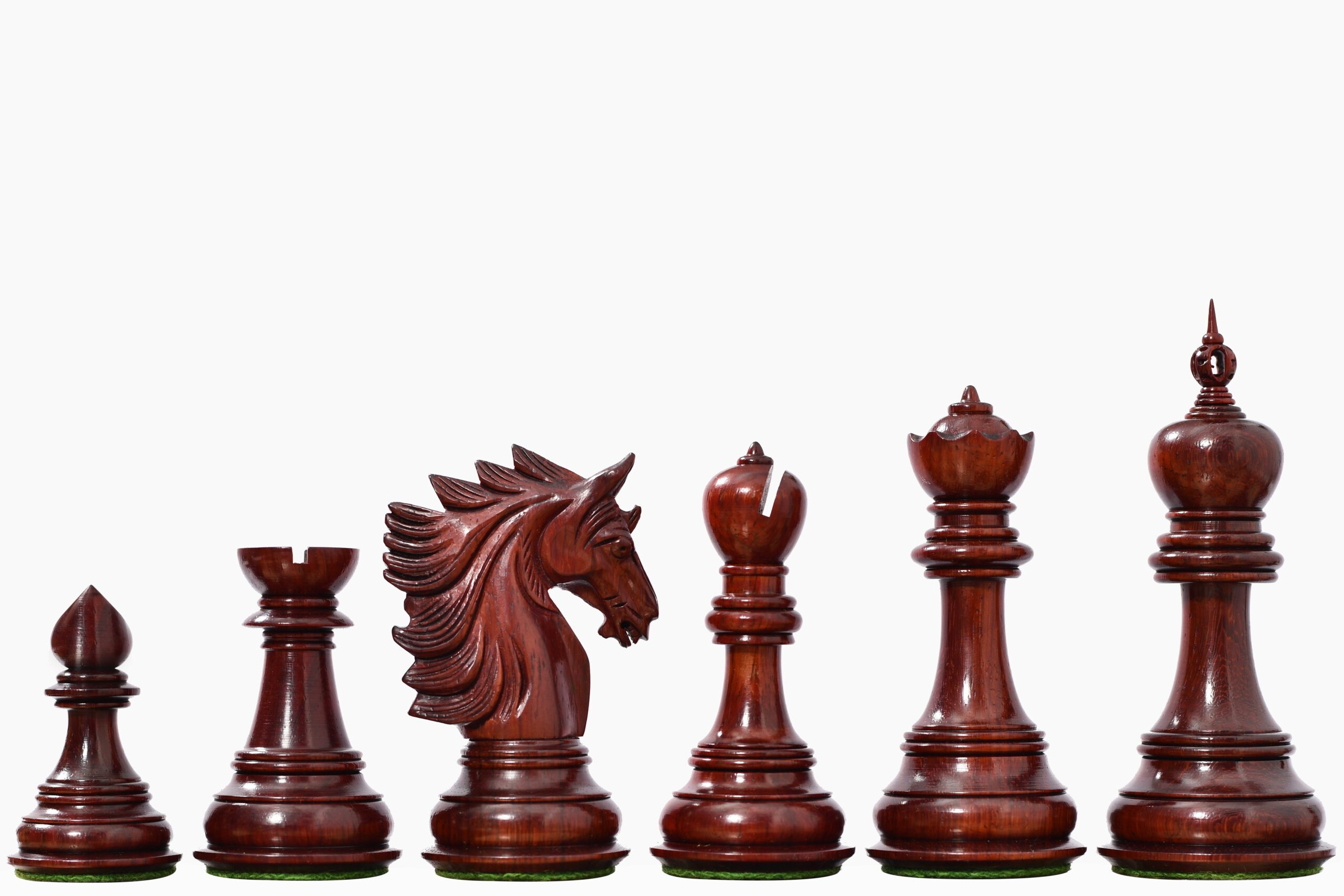
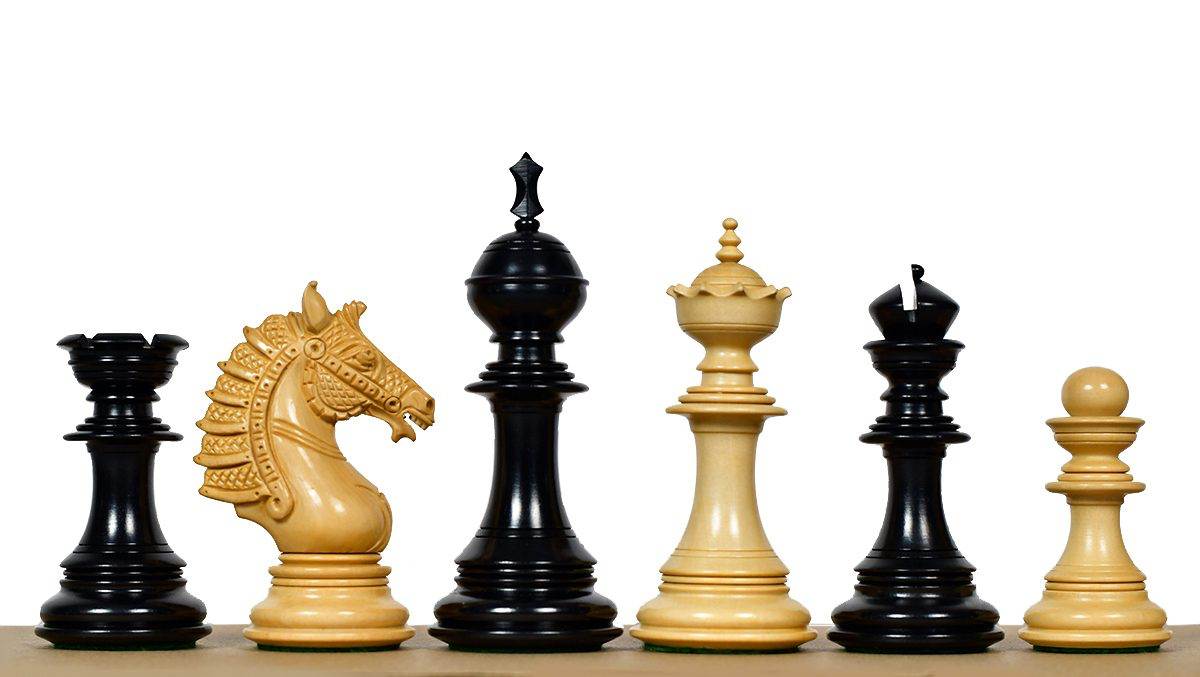
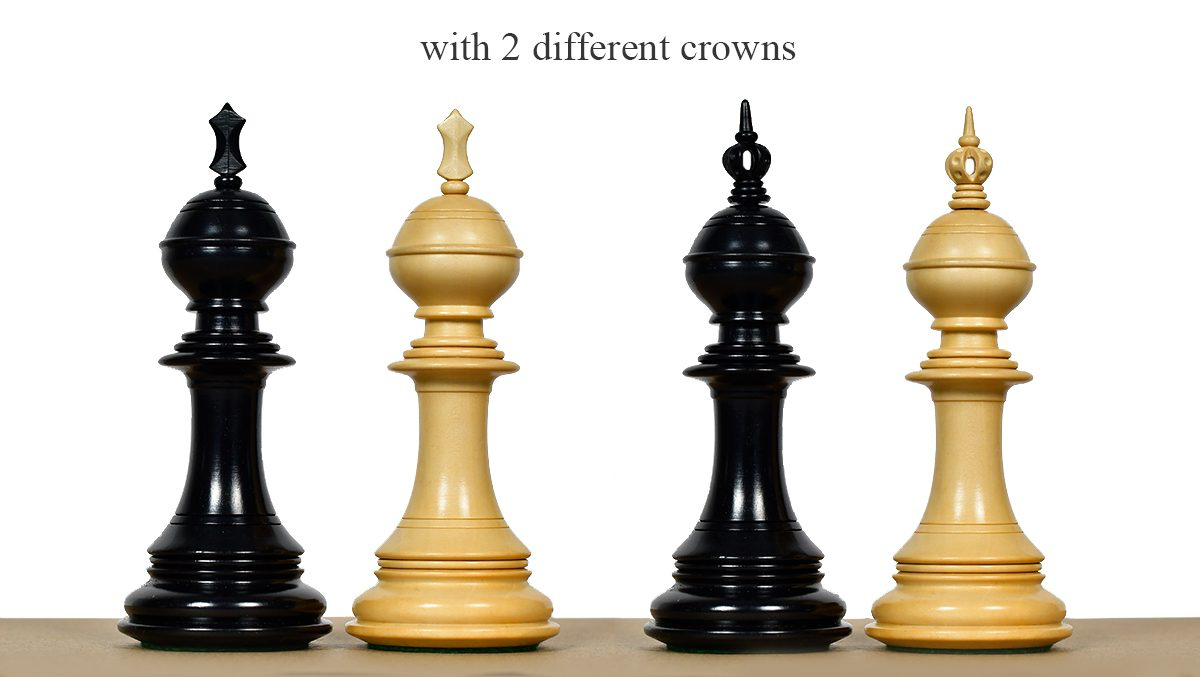
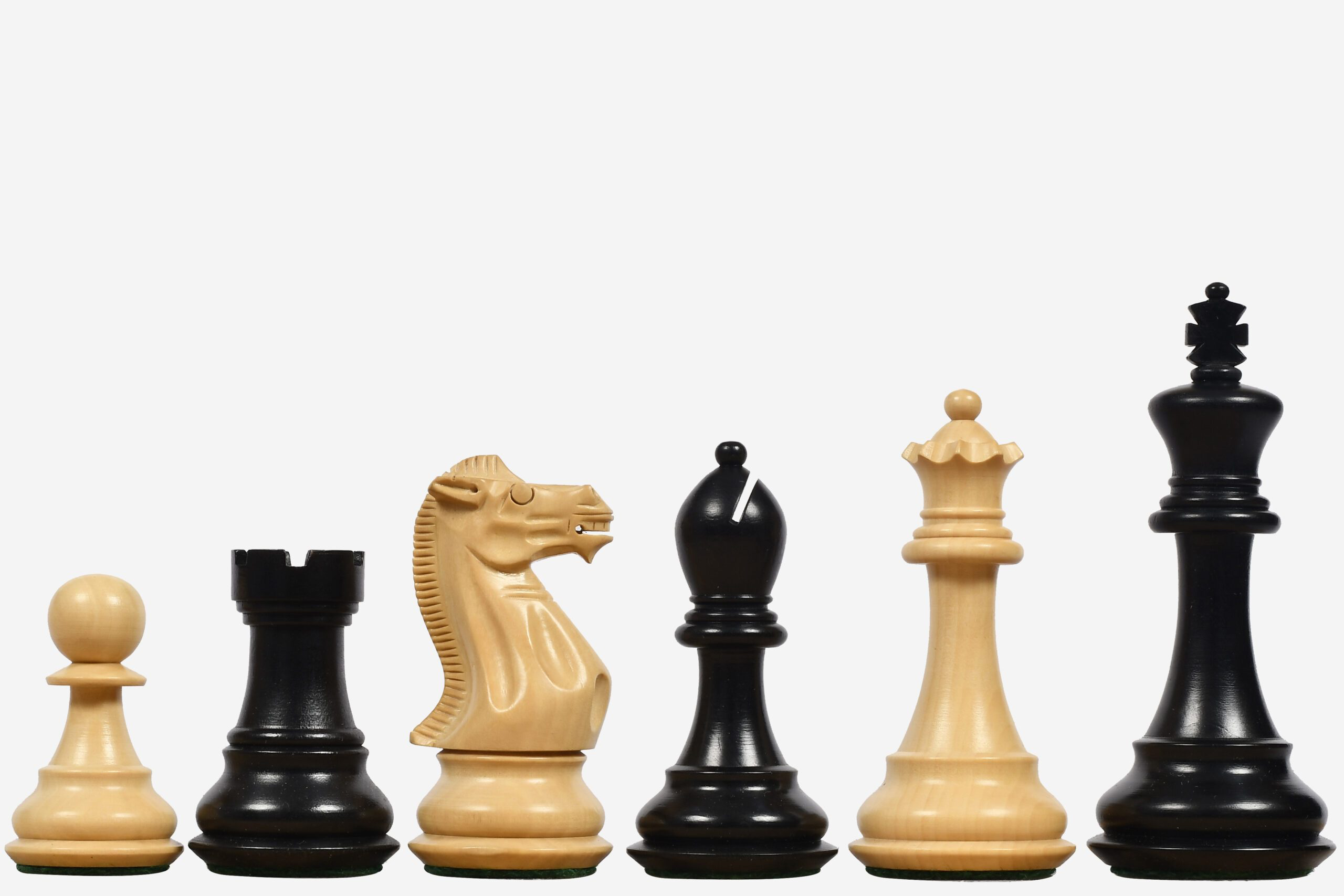
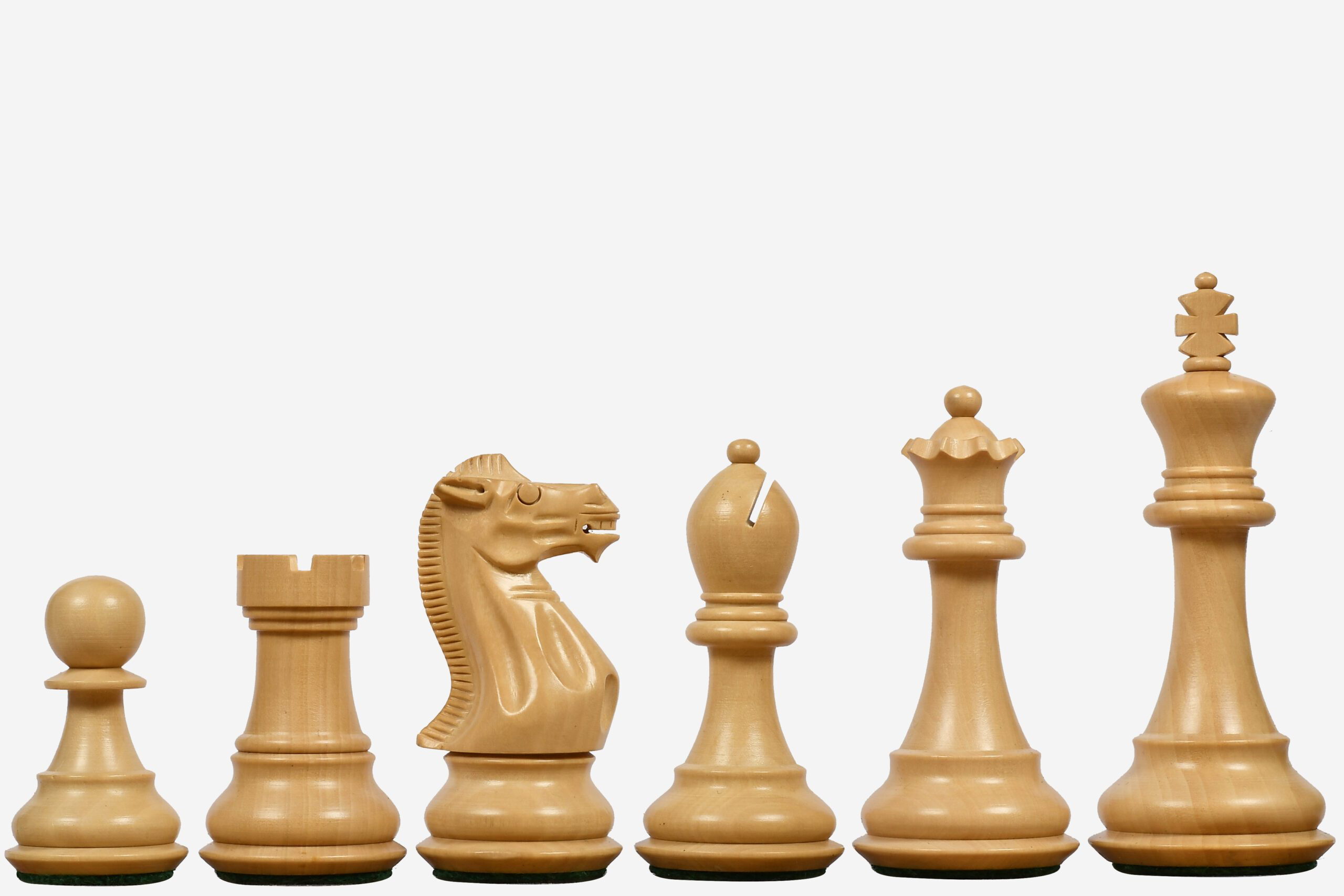
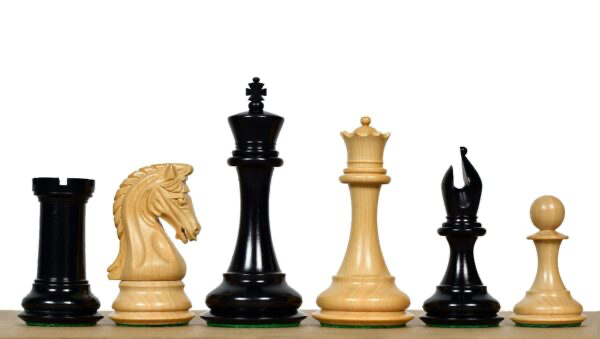
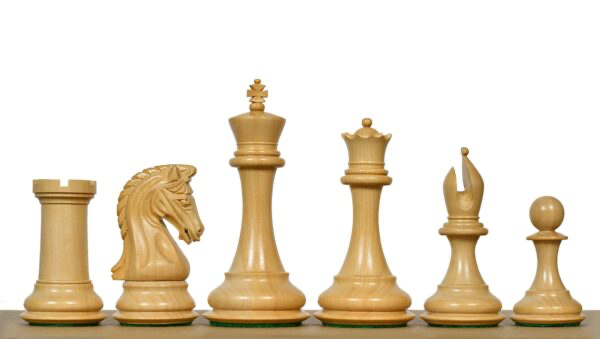

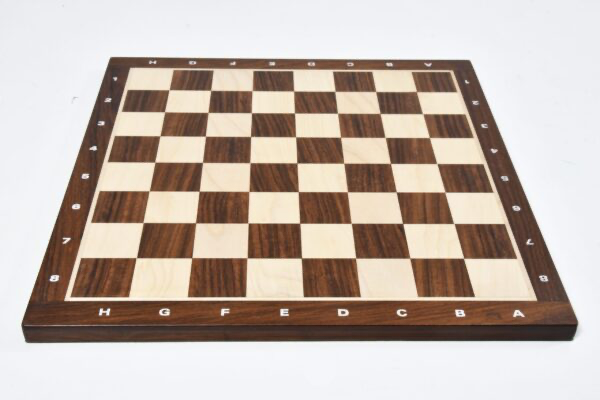

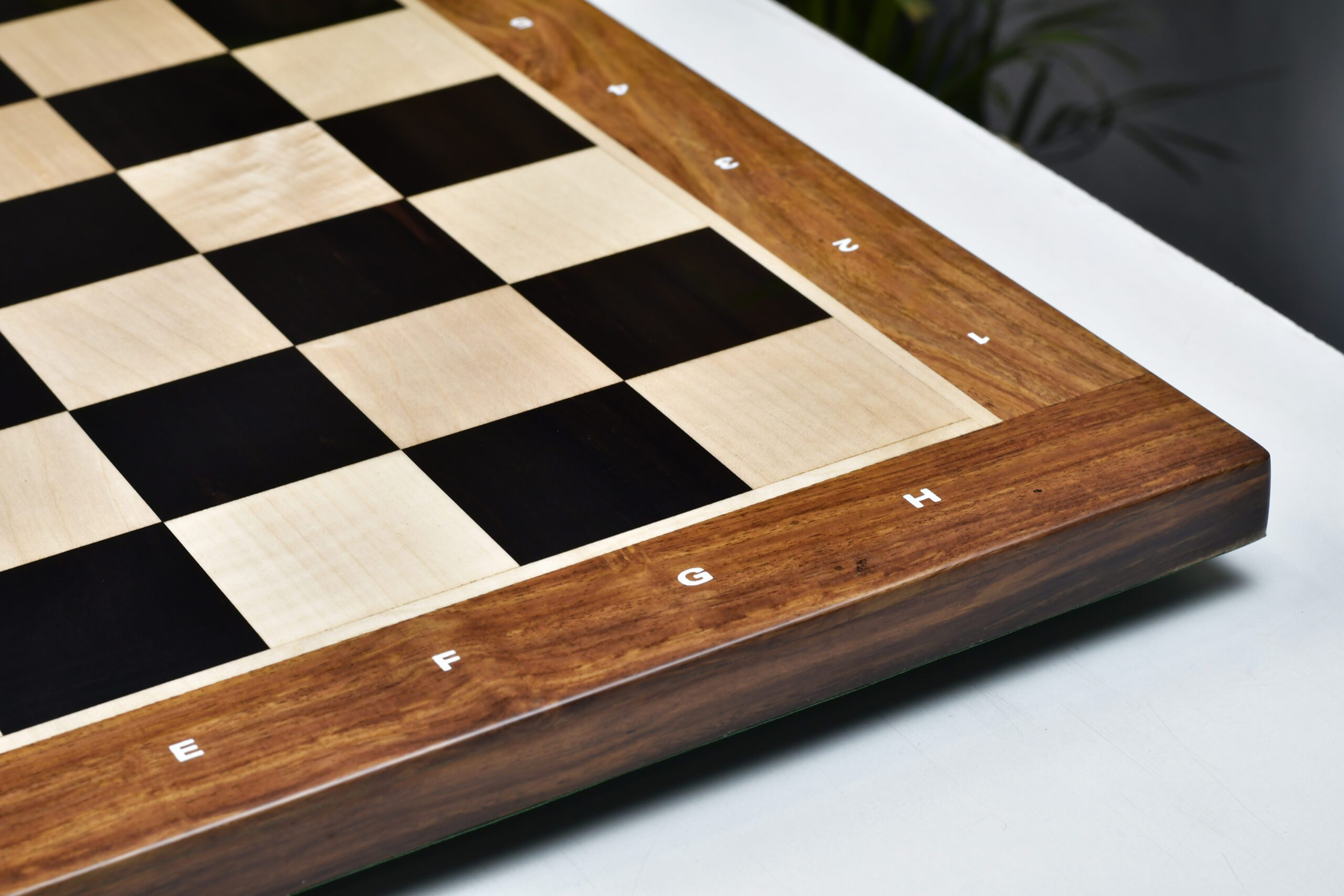
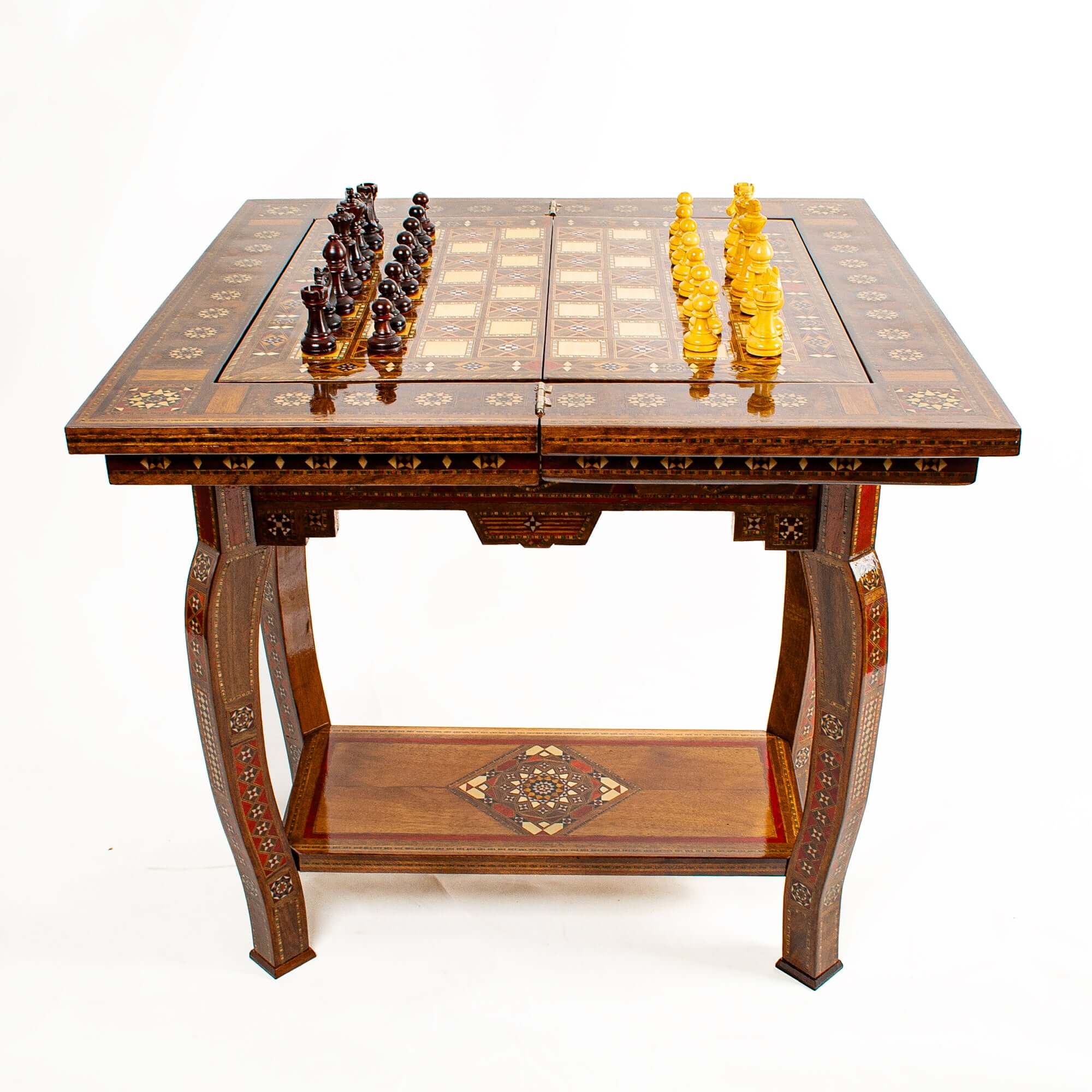

Leave a comment
All comments are moderated before being published.
This site is protected by hCaptcha and the hCaptcha Privacy Policy and Terms of Service apply.